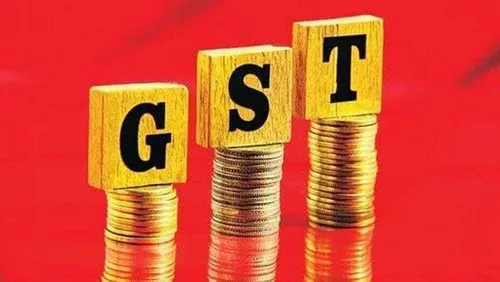GST Meeting: A Crucial Discussion
On September 9, 2024, the GST Council is scheduled to convene for a significant meeting that aims to address several key issues affecting the Goods and Services Tax (GST) framework in India. This meeting is anticipated to play a pivotal role in shaping the future of GST implementation and administration. As the council gathers, stakeholders from various sectors are eagerly awaiting discussions that could bring about impactful changes to the GST regime.
Table of Contents
The objective of the Meeting
The primary objective of the GST Council’s meeting on September 9 is to deliberate on critical issues related to GST policy and implementation. The agenda includes discussions on rate adjustments, compliance measures, and policy reforms. The outcomes of this meeting could influence how GST is applied across different industries and regions, potentially leading to modifications in tax rates or procedural changes that enhance efficiency.
Economic Impact
One of the central topics expected to be addressed is the economic impact of GST on different sectors. The GST Council will review the current tax rates and their effect on various industries, including manufacturing, services, and retail. The goal is to ensure that the GST structure supports economic growth while maintaining fairness and simplicity. Adjustments to tax rates may be considered to address any disproportionate burden on specific sectors or to align with economic conditions.
Compliance and Administration
Another important area of focus will be compliance and administrative efficiency. The GST Council is likely to discuss measures to streamline GST compliance procedures and reduce the administrative burden on businesses. Simplification of the filing process, improvements in the GST Network (GSTN), and enhanced support for taxpayers are expected to be on the agenda. These changes aim to make the GST system more user-friendly and reduce errors or delays in processing.
Revenue Collections
Revenue collection is a critical aspect of GST administration, and the council will review current collection trends and strategies to boost revenues. Ensuring effective tax collection while preventing evasion is essential for maintaining the financial stability of the GST system. Discussions may involve strategies to enhance enforcement, improve data analytics, and address any gaps in revenue collection.
Sectoral Challenges
The GST Council’s meeting will also provide an opportunity to address specific challenges faced by different sectors. For instance, industries such as hospitality, real estate, and healthcare have raised concerns about GST rates and compliance requirements. The council’s discussions may lead to targeted interventions or policy adjustments to address these sector-specific issues and provide relief where necessary.
Stakeholder Inputs
Input from stakeholders, including industry representatives, trade associations, and experts, will be a crucial part of the meeting. The GST Council values feedback from various sectors to inform its decisions and ensure that policies are well-balanced and effective. Engaging with stakeholders helps the council understand the practical implications of GST policies and identify areas for improvement.
Future Outlook
The outcomes of the GST Council’s meeting on September 9 will have significant implications for the future of GST in India. Any decisions made will likely influence tax policies, compliance procedures, and sectoral impacts in the months ahead. Businesses and taxpayers should stay informed about the council’s decisions and be prepared to adapt to any changes in the GST framework.
Conclusion
The GST Council’s upcoming meeting on September 9, 2024, represents a crucial moment for the GST system in India. By addressing key issues such as tax rates, compliance, revenue collection, and sectoral challenges, the council aims to enhance the effectiveness and fairness of the GST framework. Stakeholders across various sectors are closely watching the outcomes, which will shape the future of GST implementation and administration. As the council convenes, the focus will be on achieving balanced and impactful decisions that support economic growth and ensure a streamlined tax system.








